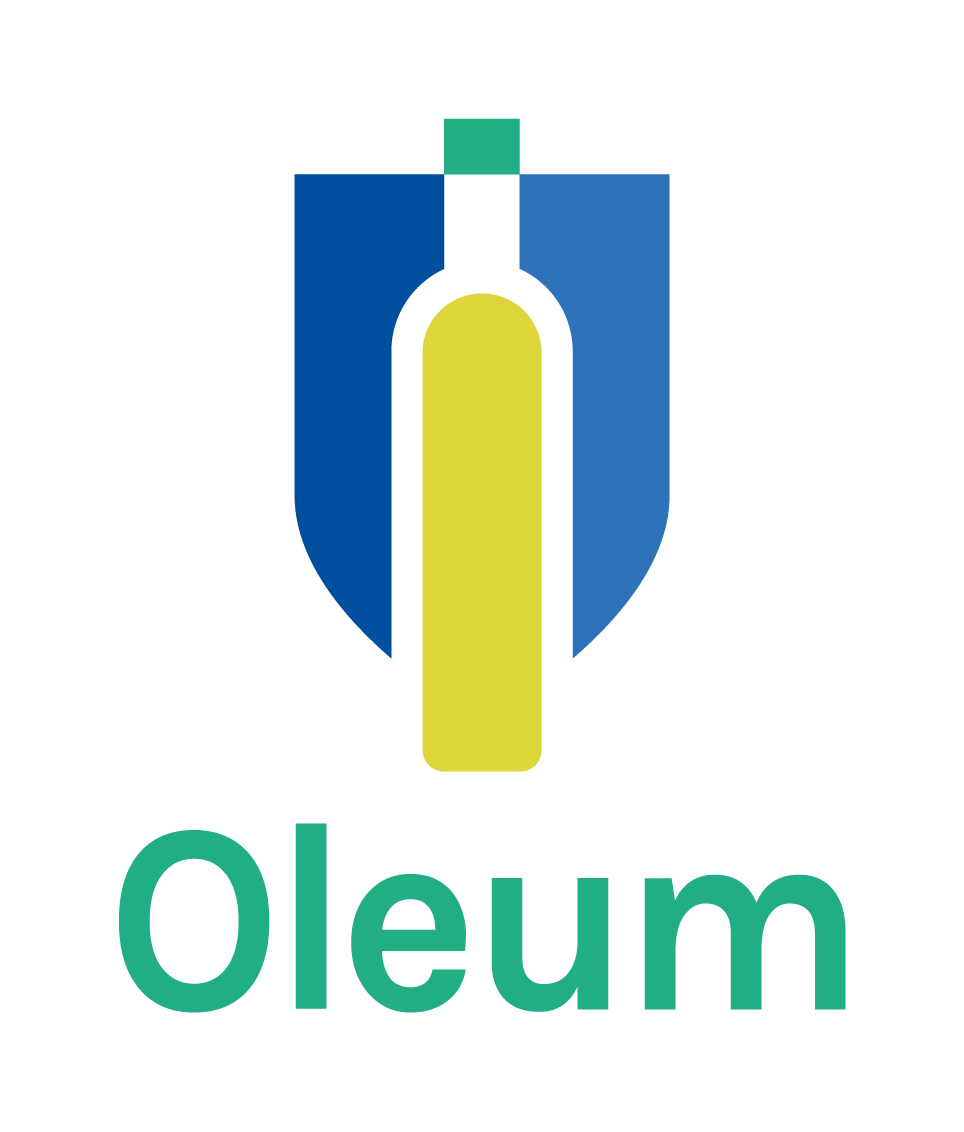
Abstract
The OLEUM project will generate novel, more effective and harmonized analytical solutions to detect and fight the most common and emerging frauds and to verify the overall quality of olive oils (OOs). By a core group of 20 partners from 15 countries OLEUM will undertake RESEARCH ACTIVITIES based on the development of IMPROVED and NEW ANALYTICAL METHODS by targeted and omics approaches with the aim: i) to detect new markers of the soft deodorization process; ii) to discover illegal blends between OOs and other vegetable oils; iii) to control OO quality (e.g. freshness); iv) to improve the organoleptic assessment with a Quantitative Panel Test, based on current official methods, and supported by tailored reference materials for better calibration of the sensory panel coupled with rapid screening tools to facilitate the work of the panelists. The most promising OLEUM solutions will be subjected to VALIDATION in conformity with internationally agreed standards by peer laboratories. OLEUM will recreate a realistic “deodorization scenario” by producing tailored, soft deodorized OOs by lab-scale and up-scaled pilot plants to apply analytical solutions to known samples. Substantial KNOWLEDGE and TECHNOLOGY TRANSFER activities are envisaged to aid in implementation of: a) a web-based easily-accessible, scalable and constantly updated OLEUM DATABANK, containing all the information from OLEUM research and other reliable international sources, will be available for download data and spectra and to help achieve satisfactory standardization of analytical approaches among control laboratories; b) the OLEUM NETWORK of relevant OOs stakeholders to maximize the impact of proposed analytical solutions. Finally, a robust dissemination strategy by the OLEUM project aimed at effectively sharing results with all stakeholders in the OO supply chain has the potential to improve consumer and market confidence, and preserve the image of OOs on a global scale.
Project details
Unibo Team Leader: Tullia Gallina Toschi
Unibo involved Department/s:
Dipartimento di Scienze e Tecnologie Agro-Alimentari
Dipartimento di Ingegneria dell'Energia Elettrica e dell'Informazione "Guglielmo Marconi"
Coordinator:
ALMA MATER STUDIORUM - Università di Bologna(Italy)
Other Participants:
China National Research Institute Of Food And Fermentation Industries Soe
(China)
Institut Des Corps Gras
(France)
EUROFINS ANALYTIK GmbH
(Germany)
Consejo Nacional De Investigaciones
(Argentina)
EUROPEAN COMMISSION - JOINT RESEARCH CENTRE Directorate F-Health, Consumers and Reference Materials
(Belgium)
Institut Za Poljoprivredu I Turizam
(Croatia)
Aristotele University Of Thessaloniki
(Greece)
Smart Assays Biotechnologies Ldt
(Israel)
Fera Science Limited (Fera) Ltd
(United Kingdom)
Università degli Studi di PERUGIA
(Italy)
ULUSAL ZEYTIN VE ZEYTINYAGI KONSEYIBASKANLIGINA (National Olive and Olive oil Conuncil
(Turkey)
European Food Information Council
(Belgium)
UP FAMNIT - University of Primorska - Faculty of Mathematics, Natural Sciences and Information Technologies
(Slovenia)
NESTEC Ltd
(Switzerland)
Università degli Studi di UDINE
(Italy)
Agencia Estatal Consejo Superior De Investigaciones Cientificas (Csic)
(Spain)
Stichting Effost
(Netherlands)
LABLICATE GmbH
(Germany)
Universitat De Barcellona
(Spain)
Third parties:
Centre Technique de l’Olivier-CTO
(France)
Total Eu Contribution: Euro (EUR) 4.878.860,87
Project Duration in months: 54
Start Date:
01/09/2016
End Date:
28/02/2021


